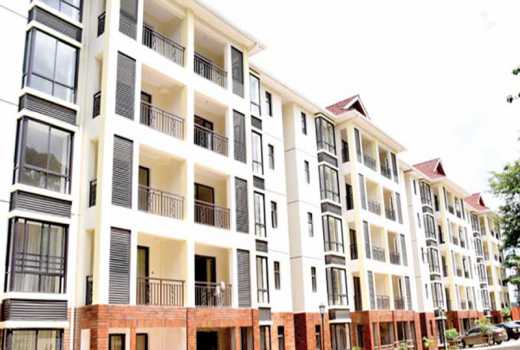×
The Standard e-Paper
Stay Informed, Even Offline

Low-income earners have a reason to smile following a study by Terwilliger Centre for Innovation in Shelter that shows financial institutions are ready to fund housing for low-income earners.
This is to help them build, extend or renovate their homes.